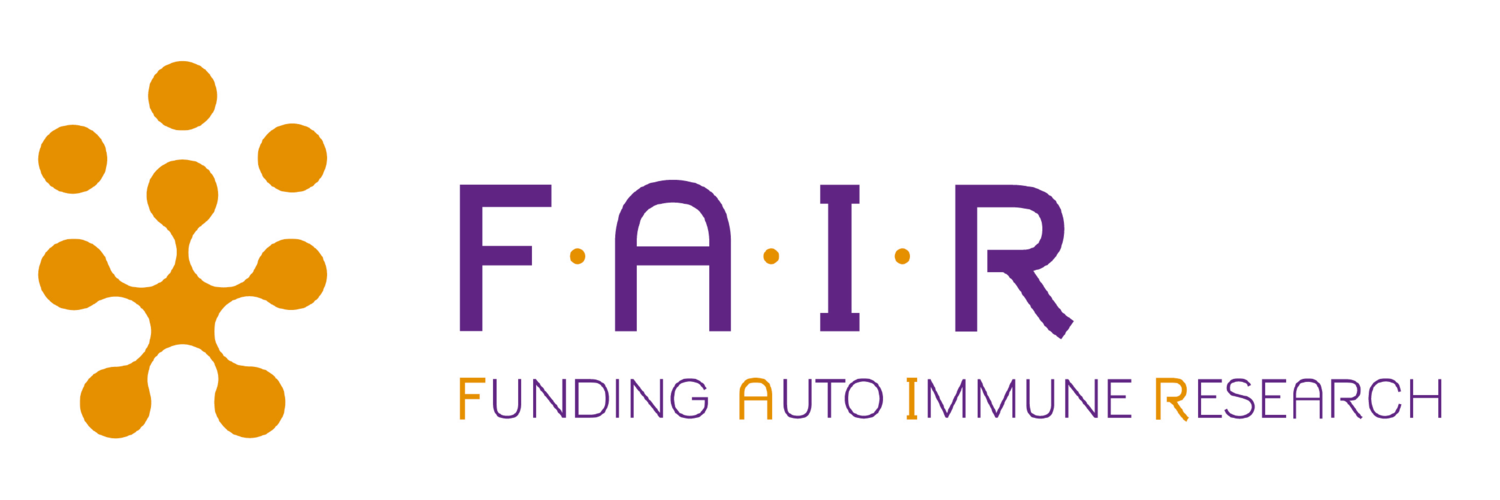Connective tissue diseases (CTD)
Study of Immunogenetic factors in juvenile-onset connective tissue disease (jCTD): future guides for individualised treatments, a joint project by led by Dr Clare Pain, Consultant Paediatric Rheumatologist (Alder Hey Children’s Hospital) and Professor Christian Hedrich (University of Liverpool).
Connective tissue diseases (CTD) are conditions that affect a person’s immune system and can result in severe damage to any organ in the body, threatening a person’s well-being, quality of life and long-term survival. CTD include disorders such as systemic lupus erythematosus, scleroderma and dermatomyositis. Some children and young people with CTD have features of more than one of these conditions (mixed CTD) or don’t fulfil criteria for a specific disease (undifferentiated CTD).
The underlying causes of CTD are incompletely understood across age groups. This results in low awareness and delayed diagnosis, with a lack of effective treatments targeting the cause of the disease.
Children and young people represent an almost ideal study population because compared to adults they have fewer / no other illnesses, more often have undifferentiated/mixed connective tissue disease and have more severe disease.
Changes in genes which are important for the immune system play a central role in undifferentiated / mixed CTD and may play a larger role in children and young people’s disease than that which starts in adulthood.
It is proposed in this study to investigate causes of CTD in children and young people in understudied groups such as those with undifferentiated/overlap or Scleroderma and compare findings to children who have definite Lupus. This increased understanding of what is causing and driving disease may allow earlier diagnosis and facilitate a targeted approach to treatment, improving outcomes for children and young people.
